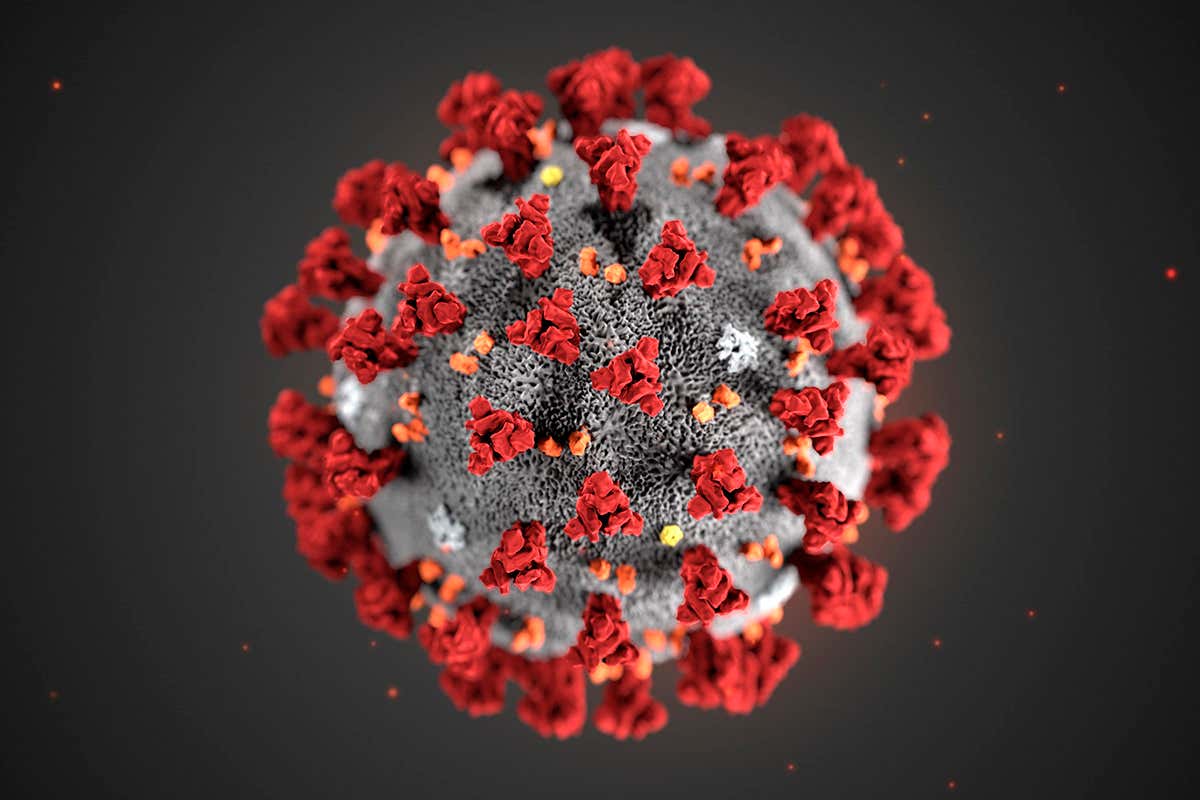2020 will go down as the year of the pandemic; and March was the decisive month. I had the dubious privilege of observing the hullabaloo surrounding the unfolding of the virus while out of the country. That early March, I was on a flight out of the country, which I captioned in a piece: “Ghost Flight to Dubai”, due to the paucity of passengers on the Emirates flight. The plane was only a third full as international travel was the first to be hit by the outbreak of the virus, even before it was declared as a pandemic by the World Health Organisation (WHO).
A few days into my stay in Dubai, I watched on prime time television, Dr Tedros Adhanom Ghebreyesus, the WHO Director General DG), declaring that COVID-19 had been upgraded from an epidemic to a pandemic. Even after that declaration I still could not fathom ahead the widespread implications of the declaration. It was only when we returned home in mid-March that I found out that COVID-19 had become a fact of life and was taking casualties in all directions without regard to social status.
The effect of the pandemic was immediately pervasive; taking its toll on our economic and social lives. Airports and borders closed, schools, markets, factories, indeed the whole country closed down with virtually no movement. Exports and imports dried up, the price of oil, our main forex earner, went into a spin and at a time became almost worthless. Our currency spun into a free fall and by the time it stabilised a substantial part of its value had disappeared. At the stock exchange shares plummeted so rapidly that trading had to be suspended at a time. From all the indications, it was clear that the country was headed to one of its worst recessions in decades. It looked like the end of times. Phew!
Somehow the virus subsided in the originating and worst affected countries and borders opened up once more, though with caution and the observance of due protocol. We were fortunate, or whichever way the reader may see it, that we had some acquaintance with epidemics such as smallpox, yellow fever, Ebola, Lassa fever and the lot. We have, thus, a reservoir of professionals that have become renown in handling epidemics and were drawn to help with the pandemic. During the lockout, I interacted with many of them and was even given access to visit and inspect the over 300-bed isolation centre then coming up in Asokoro. No doubt Abuja seemed to have a high level of organisation towards meeting pandemic needs.
The worry even then was what the states were doing or not doing. Many of the hospitals run by the state governments have been in sorry conditions running with obsolete equipment. The additional works and equipment needed to meet the exigencies of COVID-19 – testing equipment, separate wards as isolation centres, oxygen tanks, beds – thereafter became a tall order many states could not muster without help. Some governors, such as Yahaya Bello of Kogi, have practically waved away the emergency associated with the spread of the pandemic. Many medics say the governor is just living in denial.
States with dense urban populations such as Lagos, Kano and Kaduna came under intense scrutiny. Lagos was lucky to have some infrastructure associated with past epidemics and galvanised that to some positive action. Kano was even lucky to be assisted with a presidential team when deaths, seemingly associated with the virus, escalated.
However, in a surprising turn of events the Kano governor discounted the report and recommendations of the presidential team with grave consequences.
Kaduna was proactive; putting most the protocol in place and ensuring that they worked.
Compared to many parts of the world, this country has, fortunately, escaped the worst treatment of the pandemic. Of course cynical observers would always point out that it is our statistics that is deficient. They would assert that we have not taken enough samples and tested them to arrive at that comforting conclusion. And after all states such as Kano have even denied that their high number of deaths at the height of the pandemic was due to COVID-19. And Kogi is one that does not even believe the pandemic.
Nonetheless, as the virus has not shown any readiness to fade away, the only panacea now is the vaccine which more serious countries have prepared for and are now busy taking. It is a great pity that while South Africa had bought the vaccine for its citizens, we only waited for charity from donors. These donated vaccines would not even be sufficient as they would only cover a small percentage of our population. And we are not seeing any government plans on ground for nationwide coverage.
The only permanent solution would be to manufacture the vaccines ourselves. Even in this direction, our lackadaisical attitude is manifesting itself. It is true that N10bn has already been released to the Federal Ministry of Health to support the domestic production of vaccines, yet we are not seeing anything to show that something is afoot. The vaccine laboratory in Yaba, Lagos, has been in shambles for so many years. Its reactivation alone may take ages unless the right hands are found to do it.

 Join Daily Trust WhatsApp Community For Quick Access To News and Happenings Around You.
Join Daily Trust WhatsApp Community For Quick Access To News and Happenings Around You.


